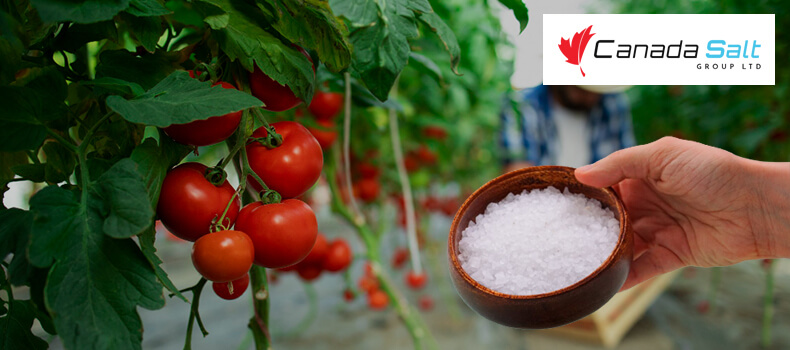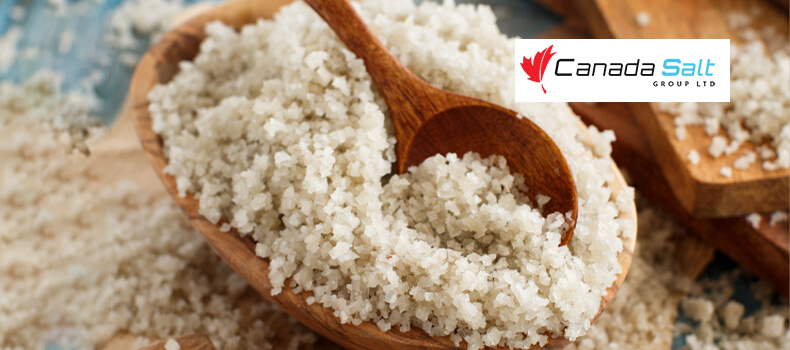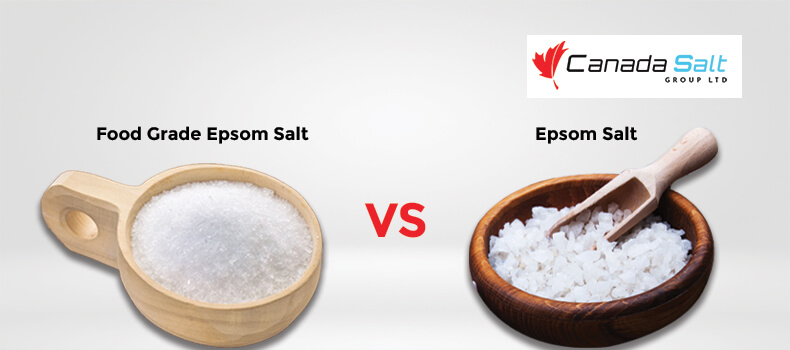Is Epsom Salt Good for Tomato Plants?
For the home gardener, tomatoes are iconic. The plants are lovely, and the tomatoes from the garden are delicious to those from the grocery store. Are you seeking expert information about using Epsom salt on your garden’s tomato plants this year but need clarification on its suitability? This article can clarify whether Epsom salt is good for tomato plants or not. So, Let’s get started.
What is Epsom Salt?
Magnesium sulphate is an Epsom salt mineral that appears as white crystals. It contains 10% magnesium and 13% sulfate, both of which are important elements for the growth and development of plants. It can be used for soil deficiency and provide quick absorption into their systems. Your plants will receive all the micronutrients required for optimum health if you use them as part of a health care regime.
Benefits to Your Tomato Soil
Two essential nutrients are in Epsom salt: magnesium and sulphate. Adding Epsom salt to the soil can be a great choice for a healthy garden. Magnesium helps in photosynthesis by creating required enzymes, whereas sulphate is useful for protein synthesis, which is essential for cell growth. Besides these, some notable benefits of using Epsom salt are promoting photosynthesis, increasing colour pigments, producing vitamins for the plant, making fertilizer more useful, and flower blooming.
The Right Amount of Epsom Salt for Tomato Plants
Use the right amount of Epsom salt while using it. Never use it directly on the plants. Dilute the Epsom salt and spray it on the soil. Use around 1/4 th of salt mixed with water for every 500 feet of the soil in your garden, or create a drench around the plants, pour this dissolved solution into it, and spray alternatively. By doing so, we can ensure that tomato plants receive the required magnesium. Using too much Epsom salt can cause a nutrient burn. Use Epsom salt every two weeks for better results, and do not spray the solution on during the hot summer; doing so can damage the leaves of the plant.
1. Fixes Yellowing Leaves
For a tomato gardener, noticing yellow leaves can be stressful. There are many causes of yellowing leaves on tomato plants, including incorrect watering, fungus, and pest problems which can either be easily fixed or show that your plant is about to die. Magnesium shortage results in yellowing leaves with distinctive green veins. When a plant does not produce enough chlorophyll, it develops a condition known as Chlorosis. For the synthesis of chlorophyll, magnesium is important. Extended magnesium deficiency can cause the leaves to become yellow.
Epsom salt contains a significant amount of magnesium, can cure magnesium deficiency, and quickly improve your plant’s health. One tablespoon in one gallon of water should be used, and spray the leaves. It is best to avoid spraying in the sun or right before it rains so the leaves have time to absorb the mixture.
2. Improves Flavour of Your Tomatoes
The importance of flavour must be addressed while growing tomato plants. Nobody wants to harvest plenty of bland tomatoes. Applying Epsom salt is one of the ways that you enhance the flavour of your tomatoes. Sulphur and magnesium are crucial elements for plants. Magnesium is essential for Photosynthesis, and sulphur helps make proteins and enzymes. They are only required in small amounts, yet they have an important effect on the health of your plants.
Magnesium and sulphur are two micronutrients that are crucial for plant health, which in turn improves the flavour of your tomatoes. When you add a small amount of Epsom salt to your watering or before watering, the plant will get availability to those important micronutrients, enhancing the flavour of the fruits when they are ready for harvesting.
3. Improves Nutrient Absorption
A lack of magnesium and sulphur can stress the plant and limit the absorption of other important nutrients like nitrogen and phosphorous. Nitrogen is an important nutrient that aids in the healthy growth of the plant, and phosphorous helps in fruit and flower formation. Lack of these nutrients can lead to no harvest or less harvest.
Dilute the Epsom salt or apply it before planting when there is a deficiency. Incorporating Epsom salt in nutrient-deficient soil can help with more nutrient absorption and improve your plant’s health.
4. Improves Growth
The micronutrients come into the act when it comes to the topic of improved growth. Providing all the required nutrients to your tomato plants will yield healthier tomatoes. If they lack any nutrients, the plant cannot grow well and can show many problems. This is more often when magnesium is deficient because magnesium helps aid photosynthesis, which is considered a fuel for the plant responsible for growth. Using Epsom salts helps restore the soil’s micronutrient level, producing healthier plants and fruits.
Conclusion
Nothing compares to the satisfaction of enjoying homemade sauce made with tomatoes from your very own garden. With a little extra work, you can enhance your gardening abilities and enjoy home-grown tomatoes for years. Epsom salt gives you the rewarding struggle of growing your tomatoes. If you are looking for a reliable Epsom salt supplier, contact Canada Salt Group Ltd for a free estimate.





